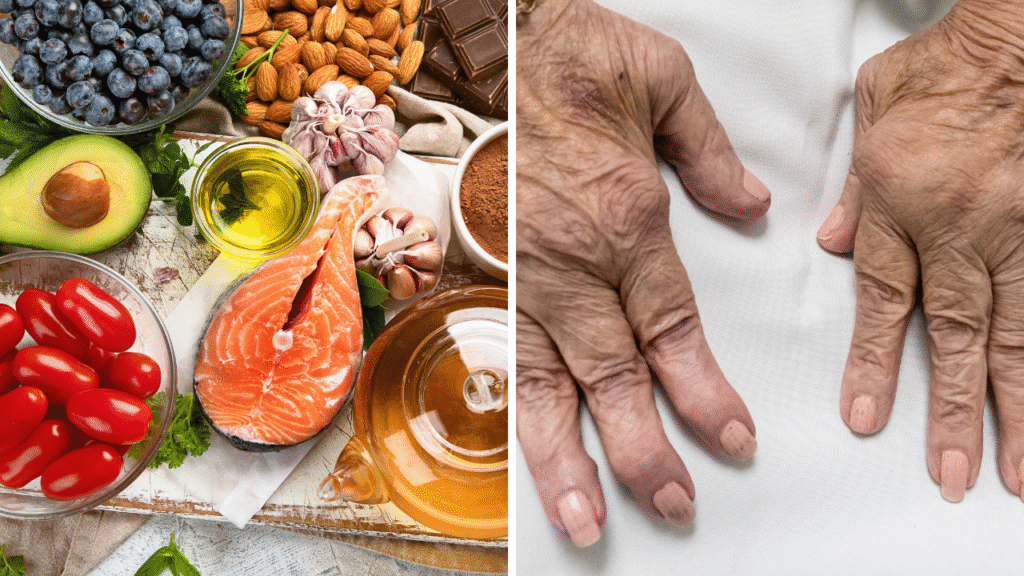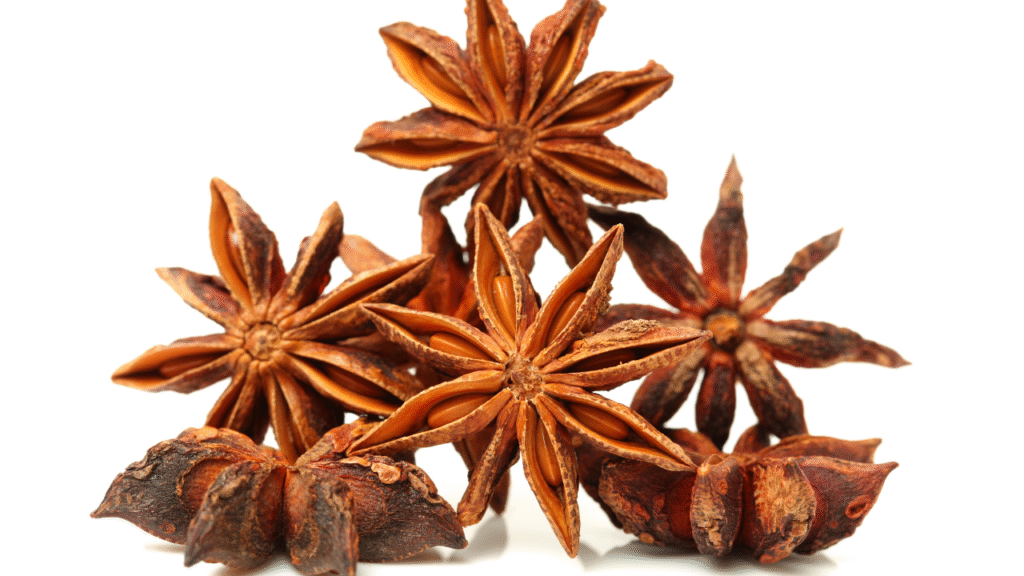
Urinary tract infections (UTIs) are a common clinical bacterial issue in women, accounting for 25% of all infections. Over 50% of women will develop UTI symptoms in their lifetime. UTIs occur when bacteria enter the urethra, which is shorter than the male urethra, making it easier for bacteria to reach the bladder. The female urethra’s shorter distance also makes it more susceptible to infection.
Tiny organisms like fungi, viruses, and bacteria cause urinary tract infections (UTIs). Most UTI cases are caused by E. coli, which lives in the urethra, bladder, and kidneys.
Symptoms include pain, burning sensations, frequent urges, muscle aches, abdominal pain, fatigue, and cloudy urine.
Risk factors include sexual intercourse, spermicide use, diaphragm use, catheter use, pregnant women, and postmenopausal women.
Antibiotics are the most common treatment, making bacteria-resistant and recurring infections a major concern.
There are several natural ways to manage infections and reduce the risk of recurrence.
1. Drink plenty of fluids
Dehydration increases the risk of urinary tract infections (UTIs). Regular urination helps prevent infections by flushing bacteria from the tract.
A 2019 study found that increasing fluid intake can decrease UTIs requiring antibiotics by 58%. Drink water throughout the day and always when thirsty to stay hydrated and meet fluid needs. Drinking more fluids helps remove bacteria from the urinary tract, making it a healthier option for those prone to UTIs.(1)
2. Take probiotics
Probiotics are beneficial microorganisms found in food or supplements that promote a healthy balance of gut bacteria.
They can be found in fermented foods like kefir, kimchi, kombucha, and probiotic yogurt. Consuming probiotics has been linked to improved digestive health and immune function. Studies have shown that certain probiotics may reduce the risk of UTIs using oral and vaginal administration and different strains.
Probiotics can help restore gut bacteria after antibiotic treatment, increasing good gut bacteria levels and reducing side effects. However, probiotics may not be suitable for everyone, so it’s essential to consult a healthcare professional about the appropriateness of probiotics and strains. (2)
3. Increase your vitamin C consumption
Vitamin C increases urine acidity, inhibits E. coli development, and improves immunological function. Researchers discovered that taking vitamin C for three months helped prevent urine infections, increasing the health of pregnant women.
Increasing consumption by eating vitamin C-rich foods such as fruits and vegetables is recommended. One serving of red peppers, oranges, grapefruit, and kiwifruit contains the recommended daily vitamin C dose. Supplements may be unnecessary if you get enough vitamin C from your food. (3)
4. Cranberry
Some studies suggest that cranberry juice may reduce the number of UTIs a person acquires over a year, particularly in women with recurrent UTIs. Although there is minimal or conflicting information about the potential of cranberries to address UTI symptoms, there is evidence that cranberries can be utilized as a prophylactic strategy. Animal studies demonstrate that cranberry products prevent the growth and colonization of infection-causing bacteria, such as E. coli, the most frequent bacteria found in urinary tract infections. (4)
5. Maintain good hygiene practices.
UTI prevention entails practicing healthy toilet and hygiene routines.
Avoid retaining your pee for too long since this might cause bacterial accumulation. Peeing after intercourse reduces the incidence of UTIs. When using the toilet, especially for females, wipe front to back to prevent bacteria from spreading to the urinary tract. Regularizing and wiping with care can also help to lower the incidence of UTIs.
6. Garlic
Allicin, one of the active ingredients in freshly crushed raw garlic, has several antibacterial properties. Allicin has been shown to have antibacterial activity against various bacteria, including multidrug-resistant forms of E. coli. Garlic also has antifungal properties, particularly against the yeast Candida albicans. (6)
7. Add D-mannose to your diet
D-mannose, a sugar found in cranberries and other fruit, has been found to prevent harmful bacteria from adhering to the urinary tract’s wall. According to research, it helps treat UTIs and reduce recurrence.
Increase your diet of blueberries, cranberries, apples, peaches, oranges, broccoli, and green beans to boost D-mannose effectiveness, or consider taking a D-mannose supplement. (7)
8. Urinate Frequently
Urinating frequently and as needed prevents bacteria from developing in urine that remains in the bladder. Urinate immediately after sexual contact to wash out bacteria that may have entered the urethra. According to research, retaining urine for an extended time increases bacteria within the urinary tract, resulting in a urinary tract infection. (8)
9. Maintain a Clean and Dry Environment
Women should wipe from front to back, especially after using the restroom. This prevents the entry of bacteria into the urethra.
Wear loose-fitting clothing and underwear to allow air circulation and maintain a sterile urethra. Moisture can be trapped when wearing tight jeans or materials like nylon, allowing bacteria to flourish.
10. Do Not Use Spermicides
Spermicides can irritate the skin and cause bacteria to develop. Unlubricated condoms can also irritate, so choose lubricated condoms free of spermicides. According to a 1996 prospective study published in the New England Journal of Medicine, the prevalence of UTI is high among sexually active young women, and the risk is strongly and independently related to recent sexual intercourse and recent use of a diaphragm containing spermicide. (10)
11. Myrrh Oil
Human and animal research shows that myrrh oil possesses antibacterial, antifungal, and antiparasitic effects. It has traditionally been used to treat wounds and prevent infections. It can be massaged into the skin or administered topically with a warm or cool compress. When using myrrh internally, use caution; choose a pure, high-quality product and do it under the supervision of your healthcare provider.
12. Oil of Oregano
According to a 2012 study, oregano oil has antibacterial action against all clinical strains tested and inhibits the growth of E. coli, the most frequent bacteria in urinary tract infections (UTIs). Because of its non-antibiotic resistance and lack of adverse side effects, the benefits of oregano oil may outweigh those of prescription antibiotics. To use oregano oil, mix it with water or coconut oil. Take oregano oil for no more than two weeks at a time, and only under the supervision of your health care professional.
13. Clove oil.
In the study published in the journal Phytotherapy, clove oil has been found to possess antibacterial, antifungal, and antiviral properties. One additional advantage of clove oil is its anti-inflammatory characteristics, which render it effective in pain relief and facilitation of the healing process. The internal consumption of clove for two weeks is a viable option; nonetheless, seeking guidance from a healthcare professional or nutritionist is advisable. (13)
Conclusion
UTIs are caused by small organisms like fungi, viruses, and bacteria, causing pain, muscle aches, cloudy urine, and abdominal pain. Risk groups include sexually active women, pregnant or postmenopausal women, catheter users, and those with suppressed immune systems. Home remedies include cranberries, raw garlic, probiotics, vitamin C, D-mannose, oregano, clove, and myrrh essential oils. To prevent UTIs, you should maintain toilet habits like thorough cleaning and wearing loose-fitting clothing.




